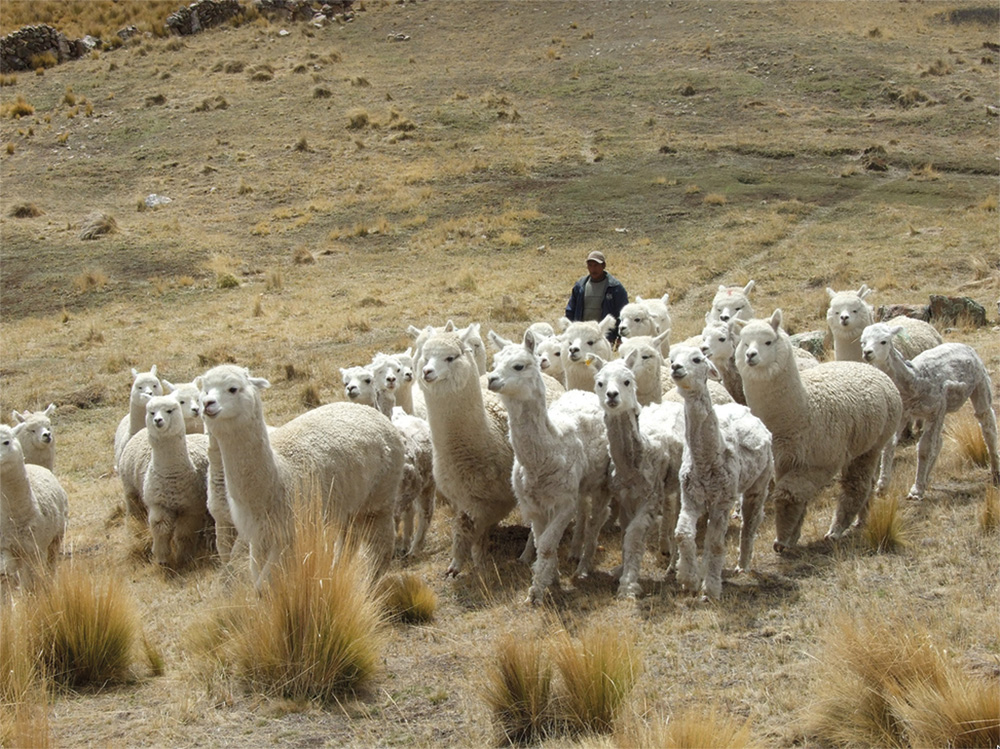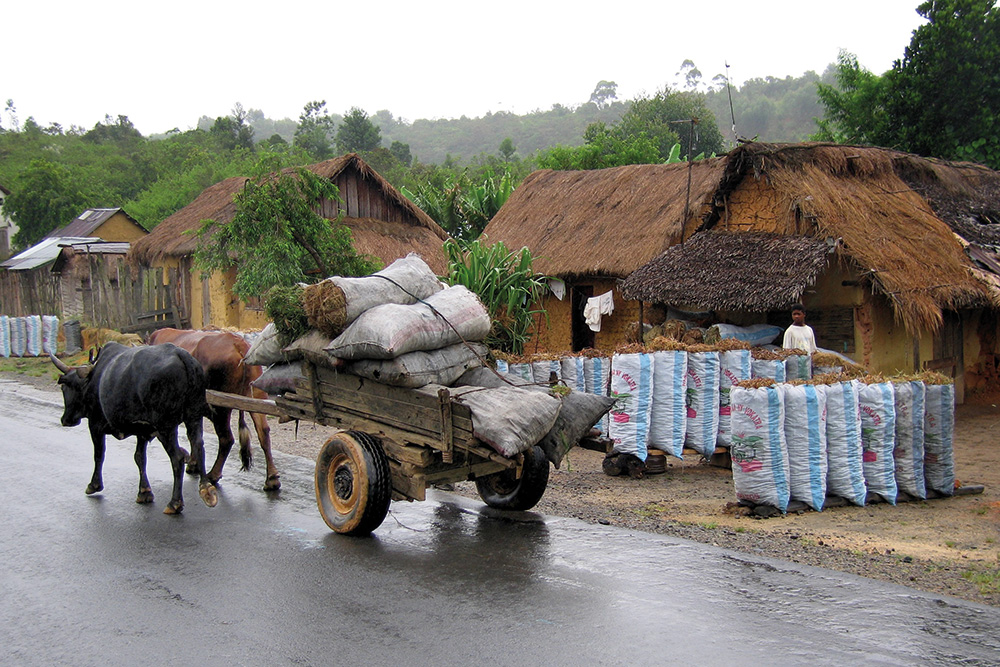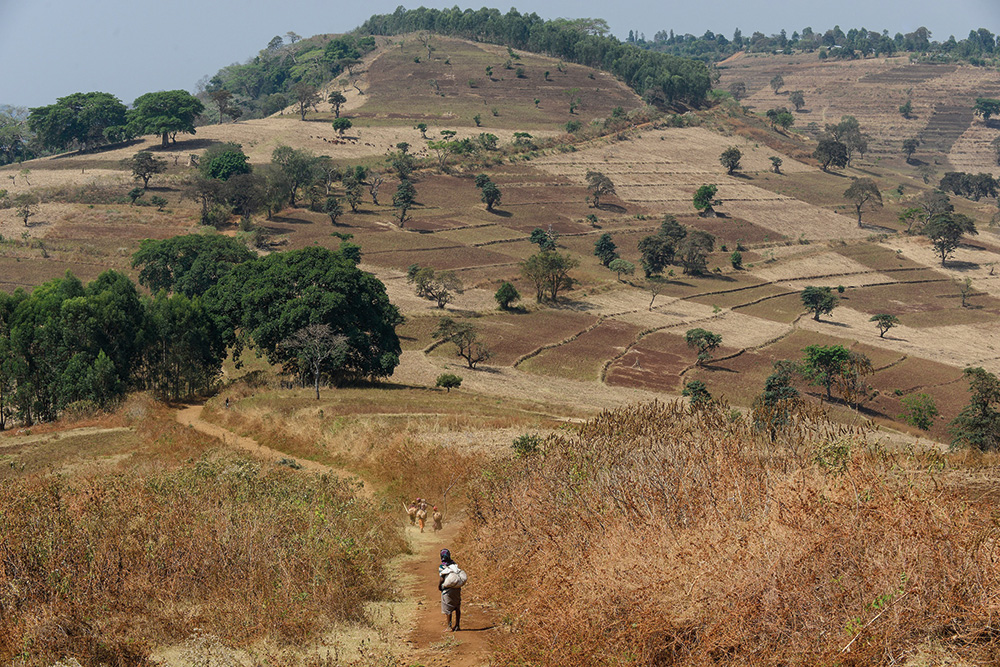DLG-Verlag was founded in 1952 as a subsidiary of DLG e.V. (Deutsche Landwirtschafts-Gesellschaft - German Agricultural Society) with its headquarter in Frankfurt/ Germany. The publishing company provides expertise for the agricultural and food sector.
With its subsidiaries Max-Eyth-Verlag and DLG-Agrofood Medien GmbH the DLG-Verlag offers books and magazines, as well as catalogs of the DLG's international DLG exhibitions.
Members:
Resources
Displaying 16 - 20 of 316Tanzania’s Village Land Act 15 years on
The year 2016 marks 15 years since the new wave land reforms became operational in Tanzania. Despite its ambitious goals – encouraging land registration and titling, and empowering women and other vulnerable groups – the results are disillusioning. A brief overview of 15 years of implementation, using the Village Land Act as a case study.
Securing pastoralists’ land tenure rights
Formal land titles are rare in pastoral communities around the world. In the past, this presented hardly any problems, since pastoral land was seen as of little use by most outsiders. But with growing competition for areas legal uncertainty is becoming an increasing threat to the livelihoods of pastoralists.
At the wooden cross-road
Fuelwood and charcoal continue to be indispensable in cooking the daily meal for most people in sub-Saharan Africa; in addition, wood as a fuel represents an important source of income. Pressure on forest resources as well as health hazards through indoor air pollution have resulted in more calls for switching to alternative energy sources. Our authors suggest another alternative: improving the existing supply chains.
Sustainable management of fisheries and aquaculture: a key to food security and poverty alleviation
Fishery plays a crucial role in poverty and hunger alleviation. It is therefore all the more important to secure the long-term conservation of fish stocks as a natural resource and to ensure fair access to them.
Group certification: the silver bullet for smallholders?
Often with just one or two ponds managed by a single person or family, smallholders make up an important share of the world’s seafood production. So why are by far the minority of certified aquaculture operations smallholders?






